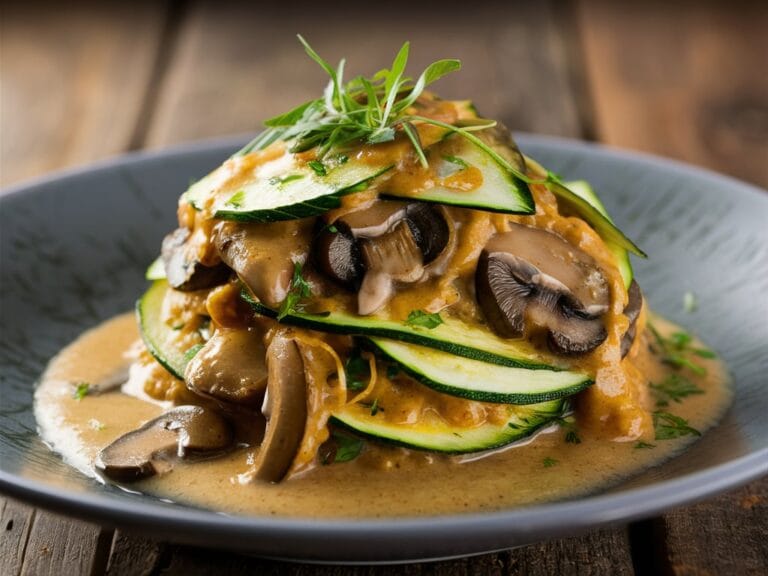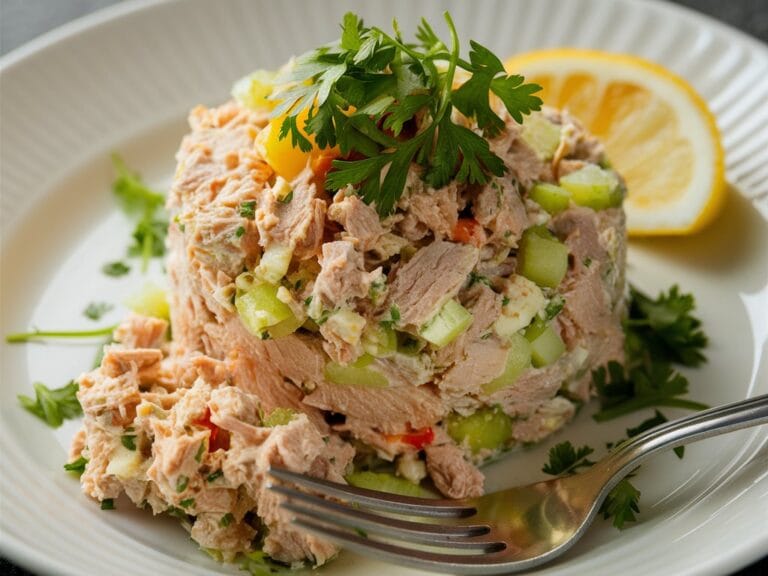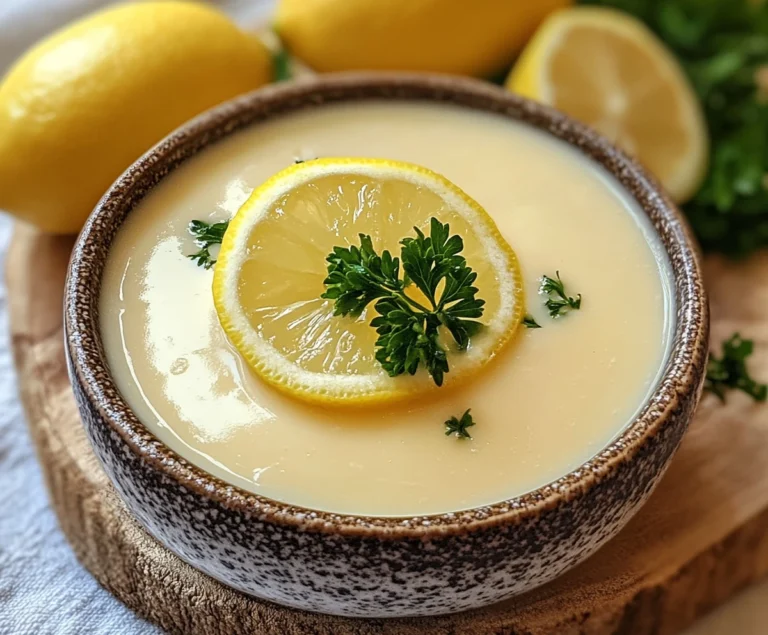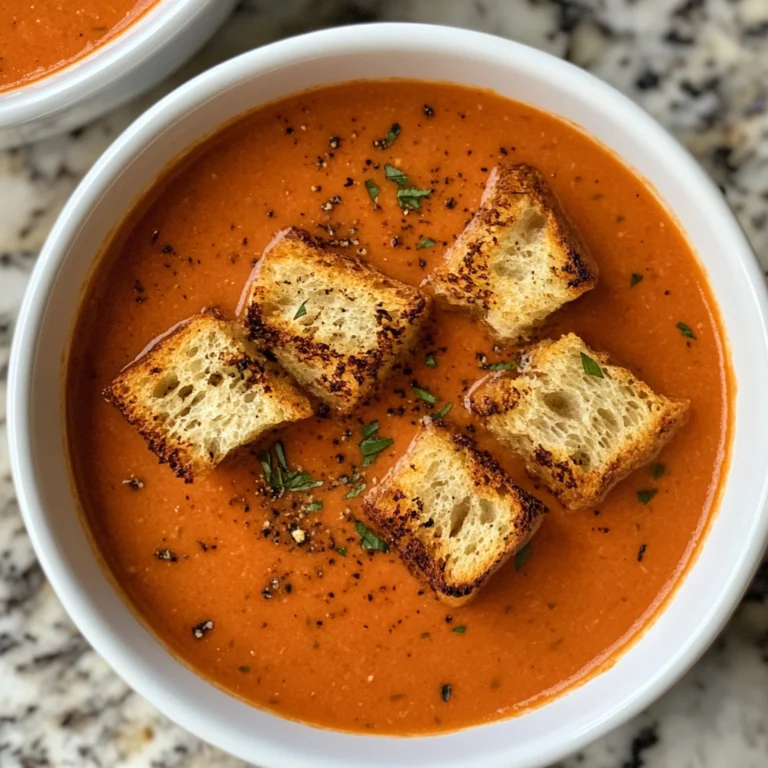Can I use pickle juice instead of fresh dill?
Introduction to the Topic
If you’ve ever been in the middle of cooking and realized you are out of fresh dill, you might have wondered if there’s a suitable substitute somewhere in your pantry. One potential alternative that has intrigued many home cooks is pickle juice. This versatile liquid, usually found in leftover pickle jars, is known for its tangy, salty, and slightly dill flavor. But can it really stand in for fresh dill in your recipes?
In this article, we will explore the practicality of using pickle juice as a substitute for fresh dill. We will cover everything from the basics of how dill and pickle juice differ, to practical cooking tips, potential health benefits, and even specific recipes where this substitution works well. By the end of this comprehensive guide, you’ll know exactly when and how to make this swap in your culinary adventures.
Fresh Dill vs Pickle Juice: The Basics
What is Fresh Dill?
Fresh dill is an aromatic herb that’s a member of the celery family. It is known for its delicate, feathery leaves and distinctive flavor. Dill has a light, grassy taste with a hint of sweetness that gives dishes a fresh, herbaceous kick. Commonly used in European and Mediterranean cooking, dill is a popular herb for garnishing, seasoning pickles, and flavoring fish, vegetables, and soups.
Dill is often used as a finishing herb, added towards the end of cooking to preserve its delicate aroma. The flavor it imparts is often described as a mixture of fennel, anise, and celery with a bright, slightly sweet undertone. It is this unique flavor profile that makes dill an essential component of many dishes.
What is Pickle Juice?
Pickle juice, on the other hand, is the brine used to preserve cucumbers or other vegetables. It contains a mixture of water, vinegar, salt, and various spices, often including dill. Pickle juice is known for its strong, tangy flavor with a sharp vinegar taste, which helps to preserve vegetables while adding a zesty kick.
Unlike fresh dill, which provides a subtle, aromatic flavor, pickle juice is bold and intense, due in part to its vinegar content and salt. It is an ingredient often repurposed in different ways—whether for marinating meats, adding tang to sauces, or even for sipping as a health tonic.
Comparing Flavor Profiles
When considering pickle juice as a substitute for fresh dill, it’s important to recognize the key differences in their flavor profiles:
- Fresh Dill: Light, herbaceous, slightly sweet, and aromatic. It adds a delicate, floral note to dishes.
- Pickle Juice: Strong, tangy, salty, with vinegar and often garlic. It imparts a bold and sour kick to any dish it touches.
Because of these differences, you may need to adjust other ingredients in your dish when substituting pickle juice for dill. For example, the additional salt and vinegar will need balancing to prevent the dish from becoming overly acidic or salty.
Can Pickle Juice Really Replace Fresh Dill?
The short answer is—it depends on the dish. Pickle juice can successfully replicate some of the dill flavor in a recipe, but it also brings its own characteristics that may or may not suit the dish you’re making.
Here are some things to consider:
- Intensity: Pickle juice is much stronger than fresh dill, so you’ll want to use it in moderation to avoid overwhelming your dish.
- Vinegar Content: The acidic nature of pickle juice may be an advantage or a disadvantage, depending on the recipe.
- Salt Level: Pickle juice contains a significant amount of salt, which means you need to carefully control the salt content in the rest of your dish.
Practical Situations for Substitution
When Pickle Juice Is a Good Substitute
There are many instances where using pickle juice as a substitute for fresh dill works well, particularly in dishes that can handle or benefit from an extra tangy punch. Here are some common situations:
1. Salad Dressings
Pickle juice can add acidity, saltiness, and a hint of dill flavor, making it a great addition to vinaigrettes. It can substitute for the vinegar or lemon juice you would typically use, and it brings a bit of dill along with it. Using pickle juice in salad dressings can bring a new layer of complexity and tang.
- Example: In a vinaigrette, replace some or all of the vinegar with pickle juice for added flavor.
2. Potato Salad
A classic example where pickle juice provides an extra kick, enhancing both the texture and flavor of the potatoes. The brine helps to balance out the creaminess of mayonnaise or sour cream-based dressings, giving the salad a more balanced, lively taste.
- Tip: When using pickle juice, try reducing the amount of added salt to compensate for the sodium in the brine.
3. Pickling Vegetables
When quick-pickling cucumbers or other veggies, pickle juice works as both the brine and the seasoning. Its composition of salt, vinegar, and spices is perfect for pickling other items.
- Recipe Inspiration: Check out this guide to Zucchini Canning Recipes for ideas on how to create preserved vegetables with different brines, including pickle juice.
4. Marinades for Meats
The salt and vinegar in pickle juice can act as a tenderizer for meat, while the dill adds an extra layer of flavor. Chicken and pork are particularly good candidates for being marinated in pickle juice.
- Example: Use pickle juice as a base marinade for grilled chicken. Let the chicken sit in the brine for a couple of hours before cooking for a juicy and flavorful outcome.
5. Egg Salad
In egg salad, the acidity of the pickle juice cuts through the richness of mayonnaise, adding both a tangy element and a hint of dill that enhances the overall flavor.
Situations Where Pickle Juice May Not Be Ideal
Pickle juice isn’t the perfect substitute for every situation. Here are some cases where it might not work:
- Delicate Sauces: In light cream sauces or butter sauces, the strong taste of vinegar can overpower the intended creaminess. The result can end up tasting too tangy.
- Baking: The vinegar in pickle juice can disrupt the texture of baked goods, and the strong flavor may not fit well in sweeter contexts.
- Herbed Butters: Fresh dill is often used in compound butters to add a hint of brightness. The strong flavor of pickle juice may overwhelm rather than complement the butter.
Pros and Cons of Using Pickle Juice Instead of Fresh Dill
Advantages of Pickle Juice
- Availability: One of the biggest advantages of pickle juice is that it is often readily available. If you have a jar of pickles, you probably have some pickle juice that you can put to good use.
- No Waste: Using pickle juice is a great way to minimize waste. Instead of throwing away the leftover juice from an empty jar of pickles, you can repurpose it in your cooking.
- Health Benefits: Pickle juice is known for some surprising health benefits, such as its probiotic content, which is good for gut health, and its electrolytes, which make it a suitable post-workout option. The probiotics can also assist in digestion, and the potassium can help relieve muscle cramps.
- Intensified Flavor: Pickle juice brings a lot of flavor to the table—literally. Its intensity makes it perfect for dishes where a powerful tang and punch are desired.
Drawbacks of Pickle Juice
- Overpowering Flavor: The vinegar content can make the flavor of pickle juice overwhelming if not used sparingly. This is particularly an issue in dishes where subtlety is key.
- Salinity Issues: Pickle juice contains a lot of salt, which can easily lead to oversalting if you aren’t careful. Recipes that require dill but not salt may need to be modified accordingly to prevent the dish from becoming too salty.
- Distinct Vinegar Taste: Not all recipes benefit from vinegar. For example, in dishes that are intended to be creamy, sweet, or subtly flavored, the sharpness of pickle juice may create an unpleasant contrast.
Step-by-Step Guide: How to Substitute Pickle Juice for Fresh Dill
Measurements: How Much Pickle Juice Equals Fresh Dill?
When substituting pickle juice for fresh dill, keep in mind that you’ll need less pickle juice because of its intense flavor. Here’s a general guide:
- 1 tablespoon of pickle juice can replace approximately 1 teaspoon of fresh dill.
However, depending on the intensity of your pickle juice and the desired flavor outcome, this can vary. Always start with a smaller amount and taste before adding more.
Tips for Balancing Flavors
To ensure that the use of pickle juice doesn’t throw off the balance of your dish, follow these tips:
- Dilute the Pickle Juice: If the brine is too strong, dilute it with water before adding it to your dish.
- Taste as You Go: Add the pickle juice incrementally, tasting after each addition. This will help you avoid accidentally overpowering the dish.
- Complement with Other Herbs: To make up for the fresh, green notes of dill, consider adding a small amount of parsley, fennel fronds, or tarragon along with the pickle juice.
Practical Examples of Substitution
- Egg Salad with Pickle Juice: Instead of adding fresh dill, mix in 1 tablespoon of pickle juice for every 4 eggs used. Reduce the amount of salt added by half to balance the brine.
- Vinaigrette: Replace half of the vinegar in your vinaigrette recipe with pickle juice. This will add extra dill flavor and give the dressing a zesty punch.
Health Benefits and Considerations of Pickle Juice
Nutritional Value of Pickle Juice
Pickle juice has some surprising nutritional benefits:
- Electrolytes: Pickle juice contains potassium, magnesium, and sodium, making it a good option for hydration. This is why it’s often consumed as a recovery drink by athletes.
- Probiotics: Some types of pickles are fermented, which means they contain beneficial probiotics that promote a healthy gut.
- Antioxidants: Dill, garlic, and other herbs and spices in pickle juice contain antioxidants that help protect cells from damage.
However, due to its high sodium content, it is important to consume pickle juice in moderation, especially for those on a low-sodium diet.
Potential Health Benefits
- Hydration: Pickle juice is known for its electrolyte content, particularly after workouts or during hot weather when you’re prone to sweating. Athletes sometimes drink pickle juice to replace lost electrolytes and alleviate muscle cramps.
- Blood Sugar Regulation: The vinegar in pickle juice has been linked to blood sugar regulation. Studies have found that vinegar can improve insulin sensitivity and lower blood sugar levels after meals.
- Digestive Health: Pickle juice that contains live cultures (i.e., naturally fermented) is a source of beneficial probiotics that promote healthy digestion.
Health Considerations
- High Sodium Content: One major drawback of pickle juice is its high sodium level. Drinking too much pickle juice or using it excessively in your cooking could lead to increased blood pressure, especially in people who are salt-sensitive.
- Acid Reflux: The high acidity of pickle juice may cause or worsen acid reflux in some individuals. If you have gastroesophageal reflux disease (GERD), you may want to use it sparingly or avoid it altogether.
Common Mistakes to Avoid When Using Pickle Juice
- Overusing Pickle Juice: The strong flavor of pickle juice can easily overpower a dish. Always start with a small amount and increase gradually.
- Not Adjusting for Salt: Since pickle juice is salty, it’s important to adjust the salt elsewhere in your recipe. This is particularly true when adding pickle juice to soups or sauces.
- Confusing Types of Pickle Juice: Not all pickle juices are created equal. For example, juice from sweet pickles will have a very different flavor than that of dill pickles. Ensure that the pickle juice you’re using matches the flavor profile you want to achieve.
Alternatives to Pickle Juice and Fresh Dill
If neither pickle juice nor fresh dill is available, there are other options you can use as substitutes in your recipes.
Other Herbs
- Tarragon: With its slight anise flavor, tarragon can be a good substitute for fresh dill, especially in creamy sauces and with fish dishes.
- Fennel Fronds: The leafy tops of fennel bulbs resemble dill in appearance and have a similar mild, sweet flavor.
- Parsley: While not identical to dill, parsley adds a fresh, green note to dishes and can work in a pinch.
Other Liquids for Substitution
- Lemon Juice with Dill Seeds: This combination provides acidity along with the herbal notes of dill seeds. It works well in dressings and marinades.
- White Wine Vinegar and Dried Dill: For a more controlled version, you can use vinegar along with dried dill. This allows you to adjust both the acidity and herb flavor separately.
Specific Substitutions
- Marinades: Use apple cider vinegar mixed with herbs like tarragon or thyme as a substitute for pickle juice when marinating meats.
- Pickling: When making quick pickles, use a mixture of white vinegar, water, and sugar, along with dried herbs, to mimic the role of pickle juice.
Recipes Where Pickle Juice Shines as a Substitute
1. Pickle Juice Caesar Salad Dressing
A twist on the classic Caesar dressing, using pickle juice instead of lemon juice:
Ingredients:
- 1 tablespoon pickle juice
- 1/2 cup mayonnaise
- 1 teaspoon Dijon mustard
- 2 tablespoons grated Parmesan cheese
- 1 garlic clove, minced
- Salt and pepper to taste
Instructions:
- In a medium bowl, whisk together the mayonnaise, mustard, garlic, and Parmesan.
- Slowly add the pickle juice, whisking continuously until fully incorporated.
- Season with salt and pepper to taste, then drizzle over your salad.
2. Dill Pickle Chicken Marinade
This is a great way to add flavor to otherwise bland chicken breasts:
Ingredients:
- 1 cup pickle juice
- 1/4 cup olive oil
- 2 cloves garlic, minced
- 1 teaspoon dried dill
- Freshly ground black pepper
Instructions:
- In a large mixing bowl, combine all the ingredients.
- Place chicken breasts in the marinade and refrigerate for 2 to 4 hours.
- Grill or bake as desired.
Frequently Asked Questions
1. Can I Use Dill Pickle Juice for Other Pickling Projects? Yes, dill pickle juice can be reused to make quick pickles, though the flavor intensity will vary based on the vegetables you’re pickling. Simply add the vegetables to the jar, let them sit in the fridge for a few days, and enjoy a quick pickled treat.
2. Is Pickle Juice the Same as Fresh Dill in Terms of Nutrients? No, fresh dill is rich in vitamins like vitamin A, vitamin C, and manganese, while pickle juice contains more sodium and vinegar. The nutrient profiles differ significantly. Fresh dill provides more micronutrients beneficial for general health, while pickle juice is better known for its electrolytes and probiotic content.
3. What Other Herbs Can I Use Instead of Fresh Dill or Pickle Juice? If you’re out of both dill and pickle juice, try using herbs like tarragon, parsley, or fennel fronds. Each of these has unique flavor profiles that can complement various dishes in much the same way that dill does.
4. Does Using Pickle Juice Affect the Cooking Time of Recipes? Not typically, but the vinegar content can impact how certain ingredients (like dairy) behave. If added to dairy-based dishes, it can cause curdling, so it’s best used in non-dairy recipes to avoid this.
5. Can Pickle Juice Go Bad? Yes, although pickle juice has a long shelf life due to its high vinegar and salt content, it can eventually go bad, especially if not stored properly. Always keep pickle juice refrigerated and make sure the container is tightly sealed.
Conclusion and Summary
Using pickle juice instead of fresh dill can be a creative and resourceful solution for adding flavor to your dishes, particularly when you find yourself out of fresh herbs. Pickle juice brings a complex, tangy element that can enhance the flavor profile of many dishes—especially those that benefit from a little acidity and boldness.
However, keep in mind that pickle juice is not a direct one-to-one substitute for fresh dill due to its vinegar content, high salinity, and intensity. Balance is key, so always add pickle juice incrementally and adjust other ingredients accordingly.
The use of pickle juice as a substitute for dill isn’t just a quick fix—it’s also a great way to reduce waste, add depth of flavor, and introduce probiotic benefits into your diet. Whether you’re experimenting with pickling, making a new marinade, or just adding zest to an old favorite dish, don’t hesitate to reach for that jar of pickle juice and give it a try.
By understanding its properties and how best to use it, you can make the most out of this versatile ingredient, elevating your cooking and bringing a new dimension of flavor to your recipes.







